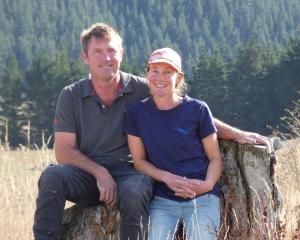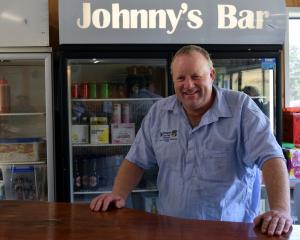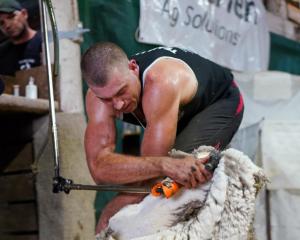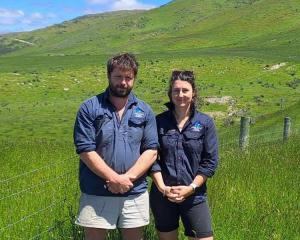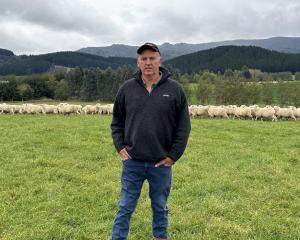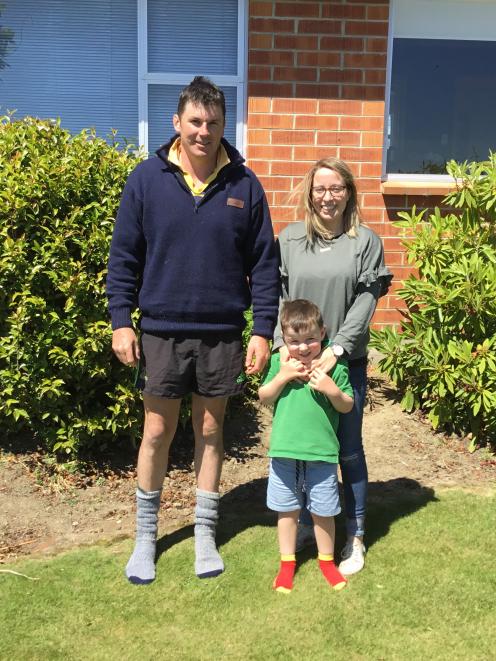
The Federated Farmers Southland meat and wool chairman farms 4200 crossbred ewes with wife Sarah. They couple have three children: Ted (6), Ida (3) and Ray (9 months).
They run their flocks and 100 beef cattle on 571ha and also milk 185 dairy cows on 72ha.
Like many crossbred farmers, Mr Rabbidge had been looking at costs, because of the poor wool returns.
"I never used to include shearing costs in the budget as the costs and the returns were about the same, but now I have to include them.
"We were stuck between a rock and a hard place.
"However, we are now transitioning from a crossbred flock to a Romney flock."
By introducing Romneys over his Romney-Texel ewes, he will have a full Romney flock in the next three to four years.
He has achieved that with about half the flock.
The resulting wool is slightly stronger.
"Another argument might be around we can shear an extra 1kg to 1.5kg per animal annually.
"It is a pretty frustrating time [for the crossbred industry]."
As a renewable resource, wool ticks all the boxes for sustainability.
"If I went in to a Dragon’s Den with a product with the same attributes as wool, they couldn’t give me the money fast enough.
"It has phenomenal attributes and huge potential. A lot of it comes back to education."
Wool carpets and house insulation were naturally fire-retardant.
"It makes me wonder if someone should talk to insurance companies about premiums [if clients have wool textiles in their homes]," he said.




